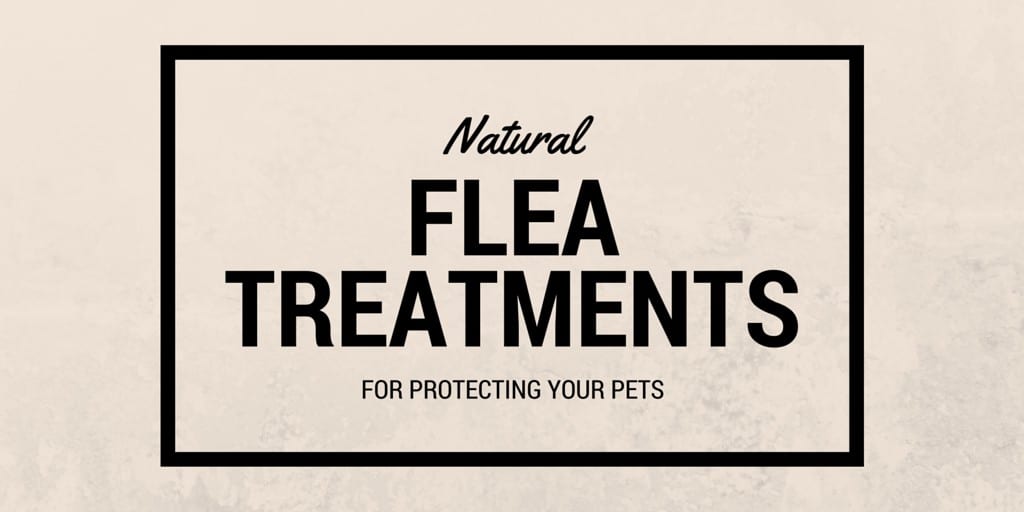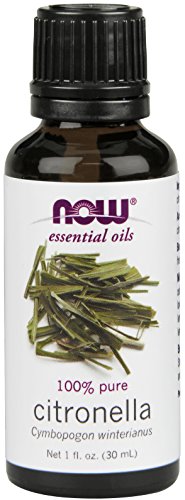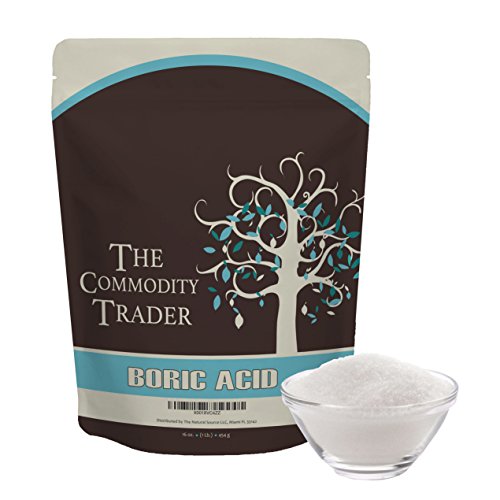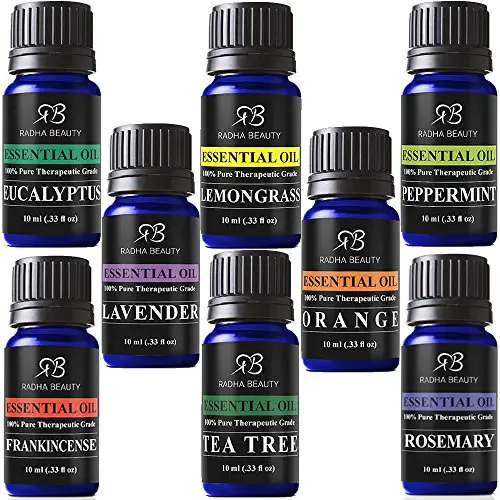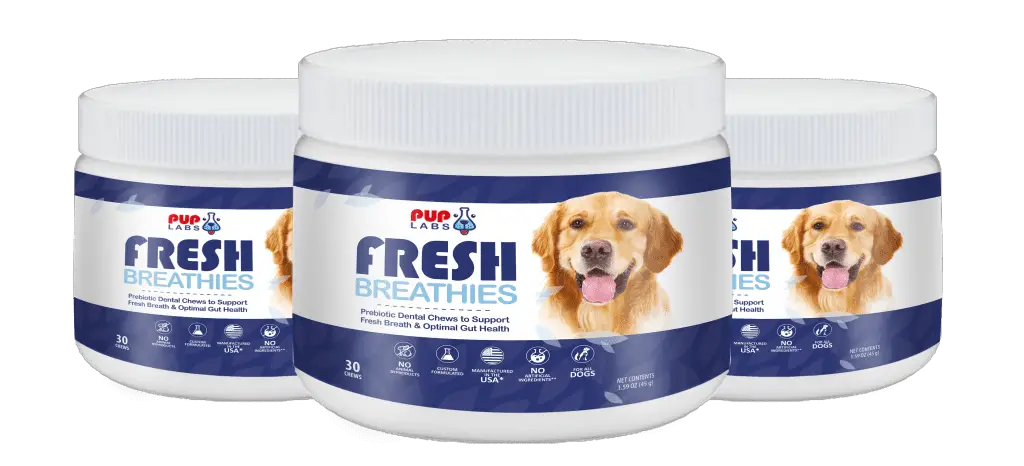According to a report released by the Environmental Protection Agency, in 2008 there were 44,000 “adverse incidents” and 600 deaths to our four-legged family members, all linked to a single type source.
Forty-four thousand.
That’s 120 “adverse incidents” and 2 deaths per day for an entire year.
Yeah, let those number sink in for a minute.
Now ask yourself how easily your family member could have been a part of that statistic – or if they still might.
You might be wondering what heinous cause could have resulted in so many families being devastated by the injury and loss.
What caused so many “adverse reactions” – from skin irritation to seizures to debilitating illness – that even the EPA researched it and released their findings in an official report.
Can you handle the truth?
Chemicals in flea and tick treatments.
Yeah.
Bites, don’t it? (no pun intended)
The Great Flea Conspiracy?

It’s really not a conspiracy or population control or any of a zillion other scenarios running through your head.
Honest.
Frankly, most of these companies are earnestly looking for the best solutions to ensure your pup has a high quality of life – and hey, can you fault them for that?
It’s true that the facts don’t lie … and you can bet what’s left in your retirement account that if these were human statistics involving a human medication it would have been pulled from the shelves amidst the crushing weight of lawsuits.
Are our furry kids worth any less?
But let’s put these statistics it in perspective for just one minute; in 2017 there were 144 million licensed dogs and cats in the united states. That means 1 in 3,200 has the chance of an adverse reaction.
For you fancy math folks – that’s less than 0.03% of the registered dogs and cats in the US.
By way of comparison, that’s one-twelfth the USFDA reporting of adverse reactions from aspirin!
So if we are going to condemn strictly according to the numbers, you are twelve times more likely to have an adverse reaction to aspirin than Fluffy having a reaction to a chemical treatment.
Are you going to throw away that bottle of aspirin?
I didn’t think so. Me neither.
So where does that leave us?
Natural Flea Control Remedies
So, here we are.
You need flea prevention but the idea using some of the chemical options have you second-guessing what to do.
If you’re leaning against the man-made options – and you’re reading this – then you’re probably considering looking into natural ways to kill fleas.
Here are the top home remedies for preventing, repelling, and killing fleas on your dog and in your house:
- Rosemary (oil, powder, and leaves)
- Citronella (candles, oil, sticks, etc)
- Boric acid
- Salt
- Vinegar
- Essential oils
- Lemon oil (not juice!)
- Dishwater traps
A Rosemary By Any Other Name
One of the most popular herbs for homeopathic flea control, rosemary is a natural flea repellant.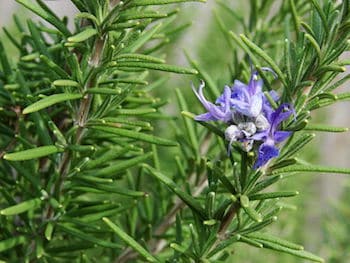
Although it is ineffective on full infestations, rosemary is effective when used for maintaining a flea-free environment, or if your canine has been exposed to another pooch who may have been carrying the unwanted guests.
Rosemary can be used in any of a number of forms;
- Once brewed, the rosemary tea can be used as a rinse or a wash for not only your pup, but for their bedding as well.
- Rosemary powder can be sprinkled anywhere. Seriously – anywhere.
- Rosemary oil is too strong and irritating to be applied directly on your dog; however, it can be dabbed directly onto your pet’s collar or dropped around their bedding.
One of the safer treatments, and as a bonus – everything smells nice!
The Anti-Bug Citronella
Ah, the smell of citronella in the air – summer is here! We all know it’s effect on the little terrorists we call mosquitos but what about fleas? This one is a little tricky, because it really can work as a repellant – but it depends on a few factors.
Mainly, it depends on your geographical region. Just like living near an airport makes you deaf to the sound of airplanes taking off and landing, the same is true with citronella.
If you live in an area where you’re burning citronella twelve months of the year to keep those kamikaze insects from taking off with your small children, than citronella is much less effective. Practically ineffective. Okay, it won’t work – because the fleas are already used to it.
Another consideration is the manner of delivery. Burning candles in or near the house is so much less effective than drops of the oil near the bedding or around entranceways. Mixing a solution to spray on your pet and his bedding is the best delivery method but even that can be improved upon.
With citronella, the most effective delivery method is by mixing several drops the citronella oil in a spray bottle with some purified water and other essential oils to kill fleas – like lemon oil, peppermint oil, and eucalyptus oil.
By mixing the oils, citronella is definitely an effective and natural way to get rid of fleas – but understand it is a repellant and not a killer, so it is not a viable option for infestation.
Tales of Boric Acid
Alright, let me be completely honest here – this one scares me. I’ve read too many horror stories of well meaning – but short-sighted – homeowners using boric acid for fleas with devastating results.
The word “acid” in the name should be a dead giveaway that this might need a lot of care and consideration before diving headfirst into the deep end of this pool. Also, there’s a difference between boric acid and Borax that many pet owners don’t quite grasp.
Using boric acid for fleas is almost a science when you look at the list of potentially harmful side effects for improper treatment of your pet, exposure to other two and four legged household members, and storage.
On the other hand, boric acid does work for fleas and infestations on carpets and other soft surfaces. But those are the only surfaces that this product should be used on.
Additionally, this treatment needs to be done carefully – paying special attention to following the instructions exactly as they are laid out on the product. Make sure the house is empty of any critters (kids included!) and well ventilated before starting treatment, and the treated items are thoroughly laundered before returning them for your pet’s use.
And for the love of God – wear a mask!
Does boric acid kill fleas? Sure does. But, it’s an effective treatment for infestations only – there are far more safer options for maintenance to put this option at the top of the list.
Want Salt on Them Fleas?
I’m surprised by how often I get asked, “Does salt kill fleas?”. Before I spill the beans on this one, it’s important to lay the foundation so you understand how this method would work.
Salt is a desiccant; its hypertonic nature preserves meat by destroying bacteria through dehydration.
So, the old-school theory goes in the same way – by liberally sprinkling ground salt over your dog’s bedding and the rest of the soft areas of the home and letting it set for a few days before vacuuming it up, the dehydration process destroys the fleas and eggs.
Yeah – and I have a bridge for sale on the West coast.
Basically, not only is this an ineffective treatment for controlling fleas in any stage of their life cycle, but laying on bedding coated with finely powdered salt could be seriously harmful to your pooch’s skin. Google up a few images of what salting does to meat.
Please, don’t try this at home, folks.
Vinegar for Flea Control
Here’s another one from the “If it smells bad it’s gotta work” archive. If you’re looking for the short answer, here it is: vinegar is a good flea repellant. But like any other treatment or repellant, it ain’t that simple.
First you need to navigate the types of vinegar. Apple cider or wine – and which wine? Distilled white or balsamic? Cooking vinegar or the stuff from the cleaning aisle?
To start with, you should avoid the cleaning aisle, since those vinegars may actually have other ingredients mixed in, and focus on the food-grade variety. Besides – if it’s safe to eat, it should be safe for your pet, right?
Well … Not exactly.
Think about that last salad you had. Remember the delicious dressing? Yeah, that lip-puckering power is because the vinegar is an acid. Yes, acid. And while our palates and taste buds are accustomed to it – our pet’s skin is not.
So, it’s important to properly dilute the vinegar and to not use it more than once a day. A fine mist over your pets coat is best; don’t use the vinegar mix as a dip or wash until you ascertain how sensitive your dog’s skin is to it.
Vinegar can be an effective flea repellant when properly mixed and sprayed on your pet before he ventures to somewhere that he may be exposed to fleas. Properly mixed is a 50/50 blend of white or apple cider vinegar with water.
The diluted vinegar works a couple ways; first by being an unpleasant odor that repels the fleas. Secondly, it’s a pretty bad taste to the little bloodsuckers. And lastly, it irritates the bodies of fleas, causing them to seek a more hospitable environment.
Vinegar works as a repellant and is not effective as a flea killer, or once fleas have made their home in your home. Treating Rover with vinegar will keep the fleas off him – and on you and your family.
Using Essential Oils to Kill Fleas Naturally
These days, it seems like essential oils are used for everything from cleaning personal care to holistic medicine – and now insect control. Aside from the fancy new uses, essential oils have been used for hundreds of years for more than just the trendy aromatherapy of fancy water.
This is in no way an all-inclusive list, but some of the more popular oils that you might likely find already in your cupboards.
- Lavender: This essential oil is used less for flea control and repelling, and more for it’s benefits to skin and hair. We all know how miserable our fur babies can feel when they’ve been scratching those flea bites; when combined with other oils or treatments, lavender can help calm the inflamed skin and promote healing.
- Lemon: Lemon oil is probably the most versatile of the essential oils, and can be used in several ways when dealing with fleas. The most powerful weapon in lemon’s arsenal – as far as fleas are concerned – is the aroma. While humans, as well as canines, enjoy the scent most aphids are repelled by it. In addition, lemon soothes irritated skin as well as nourishing skin.
- Cedar: Cedarwood oil is a less-used oil, but has a surprising number of benefits that are often overlooked. The most popular use of cedar is in chip or plank form, in closets and clothes storage. This is because of the aromatic properties repel moths. And it’s the same with fleas. Alongside of the scent, cedar oil has antiseptic and antifungal properties, which works hand in hand with the aromatic to enhance flea repelling effect.
- Peppermint: Another widely used oil, peppermint has a unique use in the arsenal of flea control. First, the aroma helps to repel the fleas before they even jump on. Secondly, the itch relief aids in the healing of any hot spots that Rover might have developing. Lastly, the antimicrobial properties aid in the healing of irritations, and prevent infection.
- Eucalyptus: Similar to cedar, eucalyptus oil is primarily used as a scent deterrent and skin nourishment. Not only will eucalyptus nourish the hair and skin, but aids in healing of the irritation caused by flea bites.
The key to using essential oils is is blending the various oils according to your needs and diluting them in water before applying with a spray bottle to your pets coat.
Alternatively, you can try dabbing the oils onto a bandana that is easy to remove to test for any sensitivities.
Pass the Lemons
Possibly the most important thing to remember about lemons is that there is a significant difference between fresh squeezed lemon juice and lemon oil.

Lemon juice is simply a lemon squeezed, and catching whatever juice comes out.
Depending on how carried away you get, you certainly may squeeze out some of the oil at the same time – but you’re getting primarily juice.
That’s not really what you want to use on your puppy.
And if you even think about asking “why not”, go suck on a slice of lemon. If you still don’t get it, have another one.
By way of comparison, the lemon oil is pressed from the peel; pure oil without the acid.
In other words – if you’re considering trying lemon for flea control, avoid the fruit aisle at the grocery store and go for the oil.
Dishwashing Liquid to Trap Fleas
Okay, if you’re familiar with these traps, then just shush so we can get down to business. If you’ve never heard of them before, all I ask is for you to keep an open mind.
Dishwater traps are just that – flea traps.
Think of it like a mousetrap – you need a place that has mice, a bait, and a way to contain / kill the mice.
Apply the same theory to the dishwashing liquid traps: there’s an area of your home that fleas are lurking in, you have a bait to bring them out into the open, and you have a trap that contains and kills them.
Making a liquid soap trap is about the easiest – and cheapest – thing you will do all day.
- Stake out an area that has fleas. Not your dog, and not your dog’s bed – the trap needs to be out in the open.
- Fill a shallow dish about halfway up with water. Something along the lines of a saucer or pie dish works perfect. Add several drops of dishwashing liquid. Some people use liquid hand soap or liquid laundry soap, but whichever your choice, simply stir it in without making bubbles. We can make bubbles later.
- Set the dish on the floor of the aforementioned staked out area.
- Set a light (lamp, flashlight, tea light, whatever) several inches to a couple feet above the trap, shining down onto the soap mixture.
- Turn all the lights in the house off, and go to bed.
The trap works in this way: At night, the fleas are attracted to the light. As they jump up to investigate the light, they fall into the soap-water mix. Because the liquid soap lowers the surface tension of the water, the fleas cannot bounce off the surface, and thus drown.
Just remember to keep Fido away from the trap – drinking the soapy water is definitely not good for your dog.
And let’s skip the tea light, okay? Never leave the room with an open flame – no matter how small. Or that it’s over a dish of water.
If you’ve caught even one flea, this trap is considered a success. If not, add about a tablespoon more dish soap and blow bubbles with the four-legged kids.
That’s All Folks
As you consider a natural alternative to chemical flea treatment, please keep in mind that no treatment is perfect, and the primary use of the natural remedies is for repelling the buggers, not treating an active infestation.
But once you serve the eviction notice to the squatters, your pup will thank you for these gentle methods to keep the fleas from coming back.

